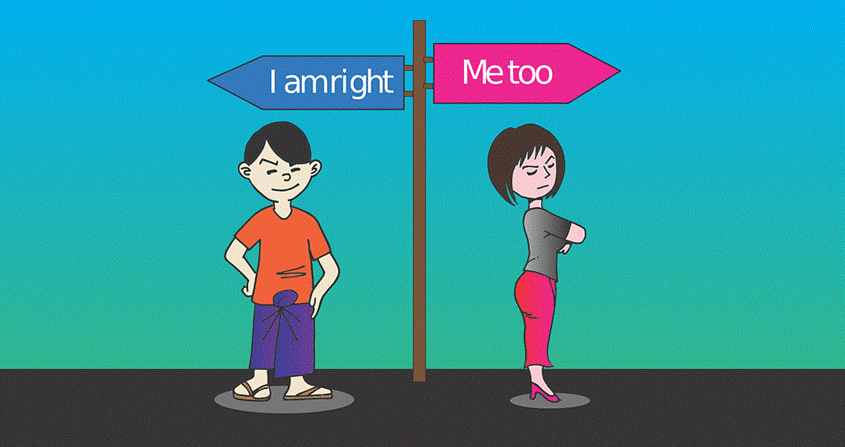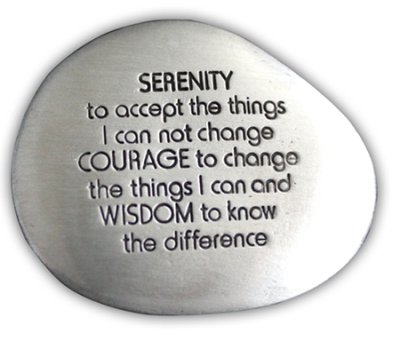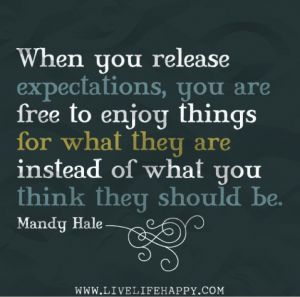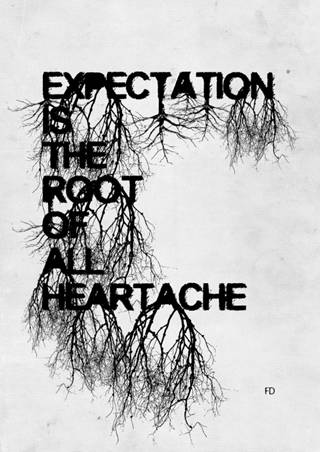
Conflicts determine the quality of every relationship. Even the most loving couples, friends or family members face conflicts in their life. It is because we are different people, with different life experiences, tendencies, desires, fears, challenges and upbringing.
Every moment in time, whether we have judged it as a negative, positive or neutral, has molded us into the people we are today. We can define ourselves as the accumulation of all those split-second moments of experience and how they have affected us.
It is important to remember that even twins, having the same genetic code, do not have the same path in life, because each of them was in a different place in their mother’s womb, was born at a different time, has a different name and reacts differently to the same experiences. As hard as it may be to accept, the chances that two people will go through the same experience and come out of it the same way is zero.
Conflicts happen when there is a clash between two entities. It is funny, but we can have conflicts with ourselves. This happens when we have two parts of us that pull in opposite directions. It is as if something in our mind splits and we experience mild schizophrenia. One side of us says, “Go for it”, and the other side says, “No, don’t”. Doubt, for example, triggers this “split personality”, and we stay in this state until we can somehow resolve our internal conflict.
The same happens when we have a clash with others. It always happens when both sides do not experience the same thing and they argue about it, as if they should.

People react differently to conflict, and their reaction is based on their life experiences.
- Some people wait for some external source to fix the conflict – they avoid it, pretend it does not exist and put off dealing with it. This is form of denial and the most common example of it is procrastination.
- Some people just give up – they let the others have things their way. These people are victims and suffer from “the disease to please”. They are helpless pushovers.
- Most people just keep fighting – they go to war and all they do is justify their position and dig a bigger hole in their relationship. These people are aggressive, controlling and abusive, putting themselves in the centre of the universe. They think they hold the “truth” and expect that things will happen the way they want them to, because they cannot bear it if they do not.
- Some people compromise or collaborate – compromise means agreeing to give up some and get some in return. Collaboration means finding a solution that meets both side’s needs. This is “win-win”. These people have the best relationships. They are good at communication, they do not think too highly of themselves at the expense of others and they have respect and empathy towards others. They understand what “live and let live” means and they do not put themselves at the centre of the universe.
- Some people just let go. These people are very confident and do not feel that things need to be done in a specific way. They are respectful and have a very good understanding of the serenity prayer: Change what you can, let go of what you cannot and be wise enough to know which is which.

Conflicts in a relationship never start from nowhere. Conflict builds up over time. Every relationship has a history. Even though each party may perceive the history differently, nothing happens in a vacuum.
If you were driving to work and someone stopped in the middle of the road and it made you half an hour late for work, you both have a history that leads to this conflict. The other person’s history might include having an empty tank or a sudden problem with the car, while yours can be rushing in the morning to get in on time, because you have had some trouble with your boss for being late. The possibilities are endless.
The nature of cause and effect dictates that there were millions of causes and effects that have brought you to that same point. In such cases, it is better to search for the wisdom of knowing the difference and to practice serenity.
When there is a history of relationship between two people, it is harder to let go and reach serenity. This is when the accounting starts. When one feels that he or she compromises too many times, it is no longer a compromise. The resentment clutters the mind and pushes them towards giving up. This in when there is a war that one must lose for the other one to win.
Conflicts are simply unmet expectations
One of the best ways to overcome conflicts is to find their source. Here is a 4-step process to avoid conflict and resolve it once it happens. Try this!
Step 1: List your conflicts
Take all the things that you consider conflict and write them down on a piece of paper. Remember, everything that does not happen the way you want it to happen and everything that creates an uncomfortable feeling is a conflict.
I suggest writing it down because it is easier to find patterns in a written list than to search for it in your thoughts. This first step creates awareness, which is essential for any change to take place.
Step 2: What did you expect?

Write down the unmet expectation. Every conflict starts when reality is different from our expectations. Find them and list them.
Do not judge yourself and do not justify yourself. Do not ask, “is it too much to expect?” Just find out what you expected, with no labels and no value.
For example, if someone said to me, “You’re selfish”, and that created a conflict, it could be because my expectation was that the other person would be kind to me and only say nice things. If someone stole my wallet and I am upset, it means that I expect others to respect my belongings and not take things from me without my permission.
The best way to find the expectations is to complete the sentence, “I am angry/disappointed/upset/defensive because…” Everything that comes after “because” is your expectation that something be different from what it is in reality.
Step 3: Reality check

For example, “Have I never told anyone else that they were selfish?” I probably have. “Have I never taken anything from another person without their permission?” Of course I have! I do not always bother to find the “rightful owner” and asked their permission to touch every single thing I have touched in my life. Remember, in order to reasonably expect another person to be perfect, you must prove that perfection is possible.
This step requires honesty and courage. In a conflict between two people, it is always easy to see the other’s faults and a lot harder to realize that we are doing the exact same thing. This is because from our point of view, we are always right.
Step 4: Change your expectations
Unmet expectations are the source of all suffering. The only expectation that will make us happy is that things be just the way they are.
Many people think that changing expectations is devastating, because they equate it to losing all hope. But there is a huge difference between the two. Hope is about having a great future and comes from believing in good. It is healthy for us, because we do not judge the past or our current situation. We only focus on having a potential positive future.
 High expectations, on the other hand, are like setting yourself up for disappointment. They create dependency and come with great suffering and pain. Shakespeare said that expectation is the root of all heartache and he was right. As soon as we understand that the suffering comes from within, we have the power to change our life and find happiness.
High expectations, on the other hand, are like setting yourself up for disappointment. They create dependency and come with great suffering and pain. Shakespeare said that expectation is the root of all heartache and he was right. As soon as we understand that the suffering comes from within, we have the power to change our life and find happiness.
The only person we can express our expectations from is ourselves. Even then, it is better to strive for something than to expect it. Striving makes us take action, while expectation causes disappointment when it is not met. Striving means we accept that we are human and forgive ourselves for not being able to do something 100% of the time. It is the understanding that with every step we take, we move forward, we learn and we evolve, so there is nothing to be upset about. Striving for something includes kindness towards ourselves, whereas expectations are a form of self-cruelty.
So find some time and a quiet place and go through the steps above. Let go of your expectations, embrace the people in your life and be happy.
All the best!
Ronit











